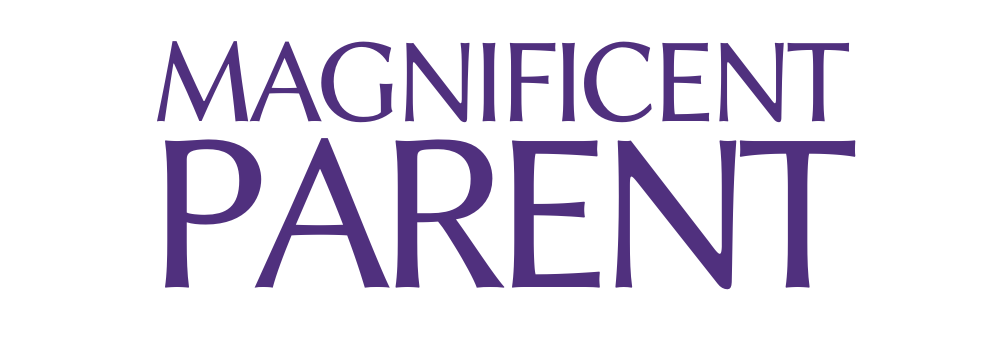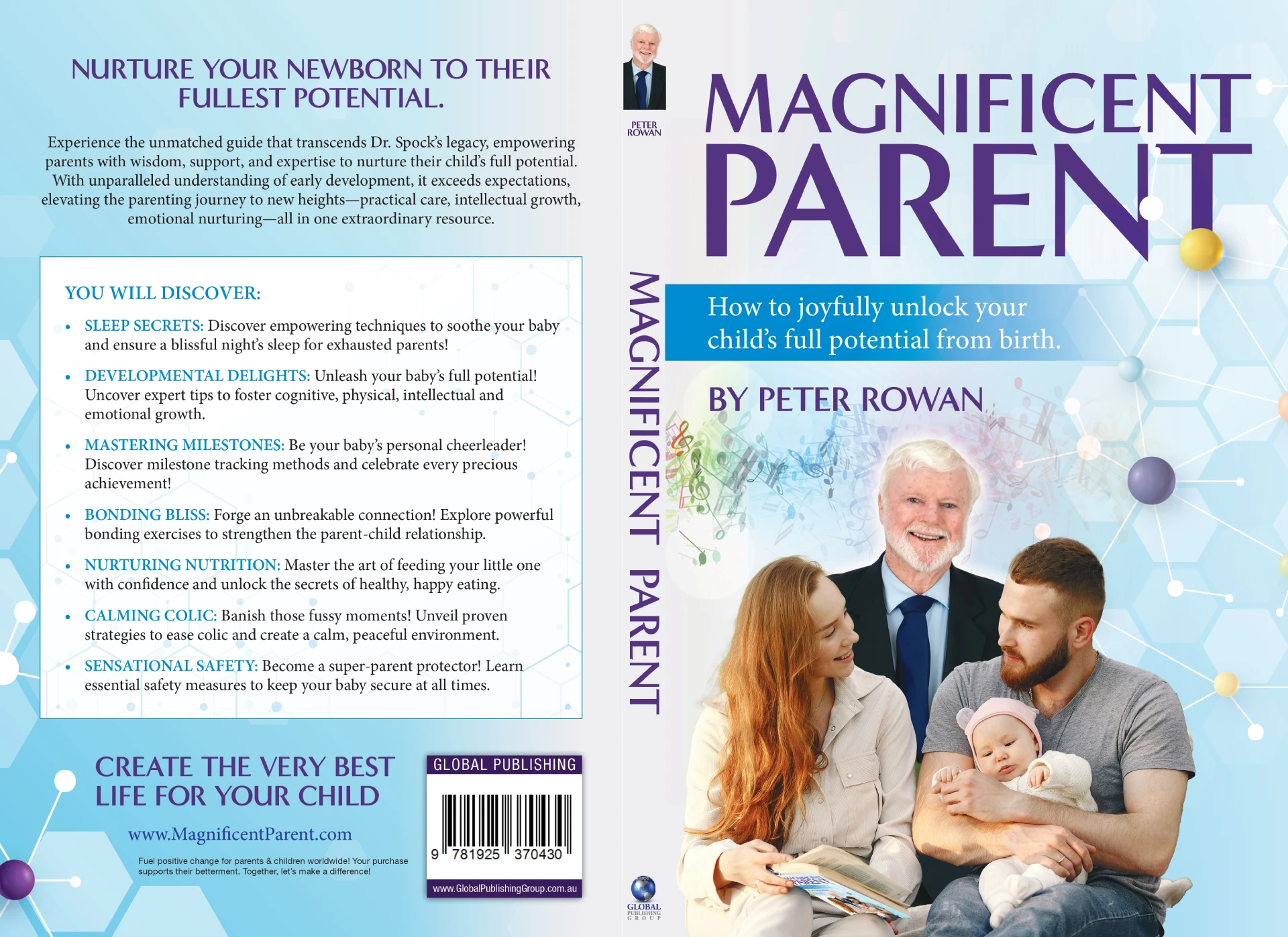WELCOME TO
MAGNIFICENT PARENT
Thank you for finding your way here.
The Magnificent Parent Course is currently in its final stage of creation and is expected to be completed very soon. Once the course is finished, this website will become fully active and ready to welcome families from around the world.
I sincerely apologize for the short delay—and I thank you for your patience. This time is being taken with care, intention, and love.
We will use the email address only to let you know when the site is available and when gifts for book readers can be collected.
Your email will be treated with care and will not be shared.
A Personal Note From The Creator
Magnificent Parent is not a quick idea or a formula.
It is the result of lived experience—of what we actually did with our own child from birth through the early years—and of deep reflection on how children grow, learn, and flourish when surrounded by warmth, respect, joy, and thoughtful attention.
This course is being completed carefully because parents and children deserve something honest, generous, and deeply respectful of childhood.
You are being looked after.
— Peter Rowan

A Gift For Book Readers
If you are here because you have read the book Magnificent Parent, you are warmly invited to return very soon to collect your free gifts, created especially for parents who wish to continue this journey.
For copies of the e-book you can search for this ISBN number: ISBN 9781925370447
These gifts will be available directly from this website as soon as the site goes live.
What Is Coming Very Soon
Books and Courses
- The Magnificent Parent Course
- Magnificent Reading
- The Book of Magnificent Love
- Magnificent Knowledge
- Magnificent Nursery Rhymes for Children
- The Magnificent Parent Book
Additional Resources
As well there will be carefully chosen products, materials, and ideas that support Magnificent Parents and Magnificent Children.
All materials are designed to encourage joyful learning, deep connection, and confidence—through shared experiences rather than pressure or comparison.
A Simple Belief
"When children are given a rich, loving, and thoughtful environment, extraordinary things become possible."
These gifts will be available directly from this website as soon as the site goes live.

You Are In The Right Place
If you are a parent, a parent-to-be, or someone who cares deeply about children and their future, please know this:
You are welcome here.
You are valued here.
And you will be supported here.
Please Return Soon
The Magnificent Parent website will be fully available very shortly. Please return to collect your gifts, explore new materials, and continue this journey.
If this vision resonates with you, feel free to share it with others.
Something special is almost ready.
Magnificent Parent shares personal experiences and perspectives intended to inspire parents.
It does not replace professional, medical, or educational advice.
